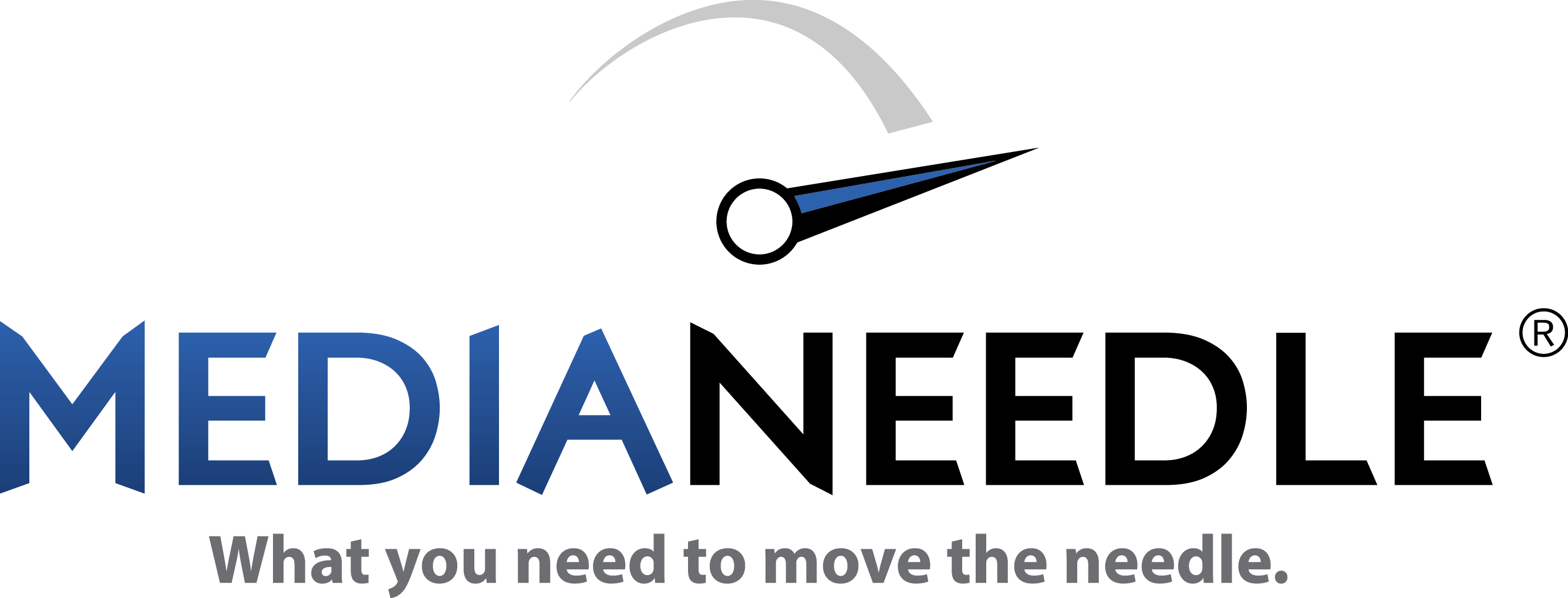Google (+1)
 Do you like things? That is, do you often, or even sometimes, “like” the news story, music video, picture or status that your Facebook friend has posted? Chances are, you’ve “liked” something in the past year; it has become second nature to most of the Facebook-using world. Which is why Google’s new service, +1, which launched a few months ago, may be turning your “like”-heavy world upside down.
Do you like things? That is, do you often, or even sometimes, “like” the news story, music video, picture or status that your Facebook friend has posted? Chances are, you’ve “liked” something in the past year; it has become second nature to most of the Facebook-using world. Which is why Google’s new service, +1, which launched a few months ago, may be turning your “like”-heavy world upside down.
The explanatory copy reads:
Use the +1 button to publicly show what you like, agree with, or recommend on the web. The +1 button can appear in a variety of places, both on Google and on sites across the web. For example, you might see a +1 button for a Google search result, Google ad, or next to an article you’re reading on your favorite news site. Your +1’s and your social connections also help improve the content you see in Google Search.
Hmm, sounds familiar…
Google’s +1 competes directly with the Facebook like button, in that it serves as a signal for determining what content appeals to a certain individual. Google, as the world’s largest search engine, integrated the product immediately. Since the mega-site accounts for over half of incoming traffic on many sites, publishers had a marked interest in implementing +1. The question is, aside from Google’s touting of the product, is it actually that great?
First of all, at its most basic, it’s hard to argue that “+1” is a great name. How awkward is it to tell someone, “Yeah, I totally just +1’d that page; check it out!” It just doesn’t flow that smoothly. “Liking” something, on the other hand, comes pretty naturally to most of us.
Furthermore, when you +1 something, the +1 button will turn blue and the +1 will be added to the +1’s tab of your profile. Meaning, anyone who wants to participate in +1’ing has to create a Google profile as a sort of basecamp. There, you can manage all your +1’s.
Whether or not you choose to make your +1’s public through sharing, they will be visible to others viewing the content. Meaning, you really shouldn’t +1 something you wouldn’t want your boss to stumble across, because your name could appear next to the +1 to help your friends and contacts identify which content may be most useful to them. +1’ing is a public action, and although one would wonder why you’d “like” or “+1” something you wouldn’t want others to see, this visibility aspect is nonetheless an irritating one.
Google’s goal is clear; they want to be bigger players on the social media field, and who better to steal plays from than Facebook? Google will need to be markedly aggressive in order to implement +1, which started off as an experimental feature. However, they don’t exactly have a great track record in the world of social media; i.e. Buzz. What Google does have going for them is influence, but as we’ve seen with other social media failures, influence can only carry a brand so far if their product fails to deliver.
So, is +1 for you? Let us know in the comments!







See what they did with Wave? Maybe Google should stick to Googling and leave the social to everyone else.
Wow, I haven’t even noticed it yet, but will keep an eye out now. Thanks for the heads up! I like the idea of it, and would def use it.